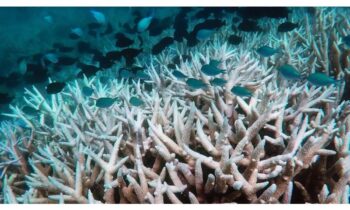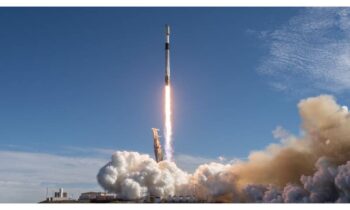Starliner was supposed to launch on Crew Flight Test (CFT) this Friday, May 17. On this mission, NASA astronauts Suni Williams and Butch Wilmore will visit the International Space Station (ISS) for about eight days.
But it isn’t the current strategy. The goal date has been rescheduled to May 21, according to a statement released by Boeing yesterday (May 14), after teams discovered a tiny helium leak in the Starliner’s service module.
From the Space Coast of Florida’s Cape Canaveral Space Force Station, Starliner will take off atop an Atlas V rocket from United Launch Alliance (ULA). The launch on May 21 is slated to take place at 4:43 p.m. EDT (2043 GMT).
The news of today is the most recent in a series of announcements regarding CFT delays. The mission was scheduled to launch on May 6, however around two hours prior to liftoff, the team decided to cancel the attempt due to a “buzzing” valve in the Centaur upper stage of the Atlas V.
After deciding that the problematic valve needed to be replaced, which meant wheeling the Atlas V off the pad to an assembly facility at Cape Canaveral, Boeing, NASA, and ULA first pushed back the launch date to May 10. Eventually, they decided to postpone it until May 17.
In today’s update, Boeing reps stated that the problematic valve has been replaced and is operating normally.
They said that a “flange on a single reaction control system thruster” in the Starliner service module is the source of the recently discovered helium leak. Although the gas doesn’t burn helium, it does enable proper firing of these thrusters.
Boeing stated in the update that “NASA and Boeing are developing spacecraft testing and operational solutions to address the issue.” “As a part of the testing, Boeing will bring the propulsion system up to flight pressurization just as it does prior to launch, and then allow the helium system to vent naturally to validate existing data and strengthen flight rationale.”
After two unmanned launches to the International Space Station, CFT will be Starliner’s third trip. During its maiden voyage, which began in December 2019, the capsule had multiple issues and was unable to rendezvous with the orbiting laboratory on schedule. However, Starliner’s second attempt, which launched in May 2022, was successful.
CFT is a crewed shakeout voyage for the capsule; if the impending trip proceeds as planned, Starliner will be certified to transport NASA astronauts on extended missions to and from the International Space Station. Signed in 2014, Boeing has a $4.2 billion deal with the space agency to achieve precisely that.
Simultaneously, SpaceX secured a $2.6 billion agreement. Currently conducting its eighth operational, long-duration astronaut trip to the International Space Station (ISS) on behalf of NASA, Elon Musk’s business launched its equivalent of the CFT in 2020.



